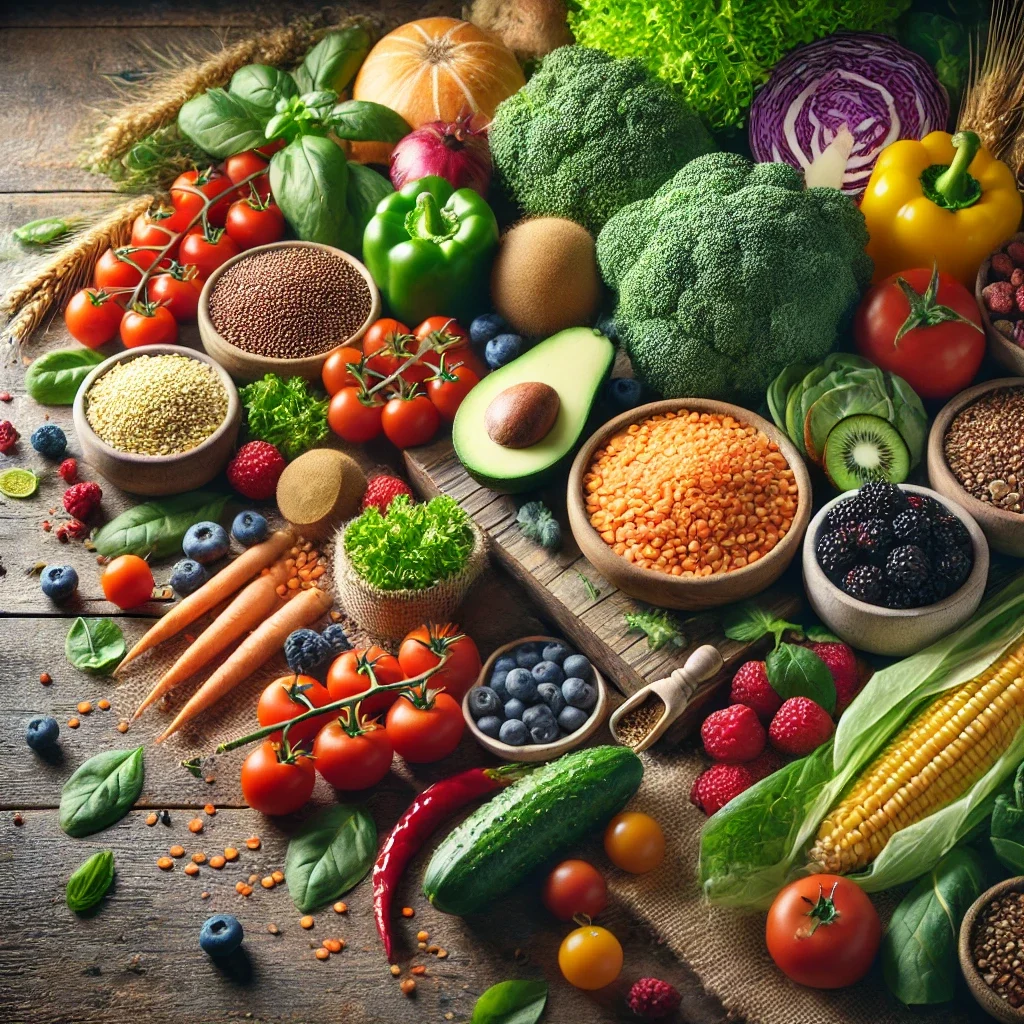Nutrition Lifestyle
A cornerstone of lifestyle medicine is nutrition. You might think of the word “diet” the same way the lasagna-loving cat Garfield did: “die with a T.” But diet is simply a word that describes what we eat—and what we don’t eat. Unfortunately, we often associate it with restrictive calorie counting, thanks to society’s obsession with weight loss.
Let’s try a different perspective. Instead of “weight loss,” consider “weight management.” While weight loss may be a goal, weight management is broader. It’s about making lifestyle choices that enhance vitality, health, and well-being. These choices can also reduce the risk or severity of chronic diseases, leading to a better quality of life, especially as we age.
The Problem with the Standard American Diet (SAD)
The Standard American Diet (SAD) is notorious for offering immediate satisfaction but poor nutrition. Believe it or not, poor nutrition is the leading cause of death worldwide—even more than tobacco use.
In fact, the average American’s diet consists of 70% of calories from ultra-processed and processed foods. Only 30% of calories come from minimally processed foods. It’s no surprise that these eating habits lead to chronic health problems.
Here are some of the worst offenders in the SAD that harm our health:
- Sugary drinks
- Processed meats (like sausage, bacon, and deli meat)
- Processed snacks (chips, pretzels, cakes, pastries, candies)
- High-fat dairy with added salt and sugar
- Red meats
- Poultry
- Eggs
That’s a long list! You might be wondering, “What’s left to eat?”
The Power of a Whole Food, Plant-Based (WFPB) Diet
A whole food, plant-based (WFPB) diet can significantly reduce the risks of obesity, diabetes, heart disease, and even some cancers. It’s also effective in managing and potentially reversing chronic diseases—a feat traditional medicine rarely achieves.
For example, one study found that people following a healthy plant-based diet had a 25% lower risk of coronary heart disease. In contrast, those consuming an unhealthy plant-based diet saw a 32% increased risk of coronary heart disease.
Whole grains are also powerful allies. Consuming just three servings of whole grains daily has been associated with a 15% reduced risk of colorectal cancer and overall cancer mortality.
Some of the best foods to include in your diet are:
- Vegetables
- Fruits
- Whole grains
- Beans
- Legumes
- Nuts
- Seeds
- Herbs
- Spices
And don’t forget plain water!
But What About Enjoying Life?
I know—it might seem like Garfield was right. Eating like this may sound like dying, not living. But lifestyle medicine isn’t about perfection. It’s about making intentional, sustainable choices without the pressure of being flawless.
When we aim for perfection, any slip-up can feel like failure, leading us to abandon our efforts. But remember:
- Any movement toward healthier choices makes a difference.
- Gradual changes over time are often more sustainable.
- Sustainable choices create a lasting impact on your health and well-being.
You don’t have to give up everything you love. Even small, consistent adjustments can lead to big results. After all, the goal is to live a vibrant, fulfilling life—and that’s something worth striving for.

Join Our Mailing List